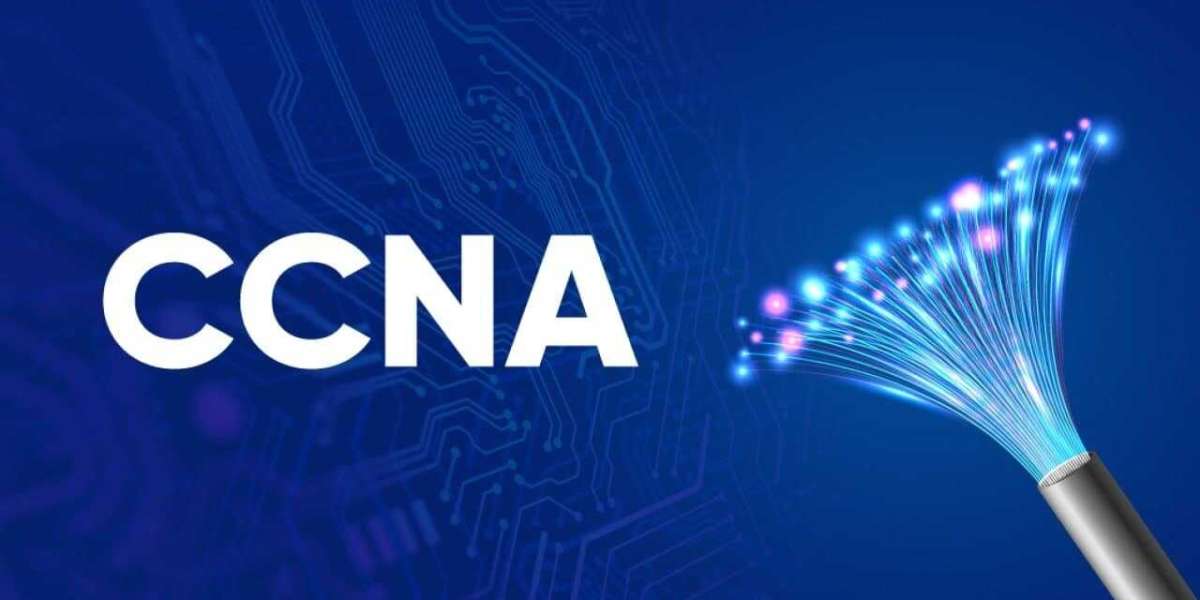The Cisco Certified Network Associate (CCNA) certification is one of the most recognized and sought-after credentials for networking professionals. It validates your ability to install, configure, and troubleshoot networks, making it a valuable asset for anyone pursuing a career in information technology. However, preparing for the CCNA exam can be challenging due to the wide range of topics covered, from networking fundamentals to more complex subjects like IP addressing, routing protocols, and network automation. This article will provide some essential tips and tricks to help you succeed in your CCNA exam.
1. Understand the Exam Blueprint
The first step in preparing for any certification exam is understanding the exam objectives. Cisco offers a detailed exam blueprint for the CCNA (200-301) that outlines the topics you need to study. Key areas include:
- Networking Fundamentals (20%)
- Network Access (20%)
- IP Connectivity (25%)
- IP Services (10%)
- Security Fundamentals (15%)
- Automation and Programmability (10%)
Familiarize yourself with these categories to identify the areas where you are strong and those that require more attention. Understanding the scope of the exam will help you tailor your study plan and ensure you’re covering all the necessary topics.
2. Use Official Cisco Learning Resources
Cisco provides a wealth of learning materials designed specifically for CCNA Course in Atlanta GA. The Cisco Learning Network offers study materials, practice exams, and online courses that can help you understand difficult concepts and get used to the exam format. The Cisco Press books are also an excellent resource, particularly the "CCNA 200-301 Official Cert Guide" by Wendell Odom, which covers all the exam topics in detail.
Cisco’s Packet Tracer is a simulation tool that can help you practice networking configurations without needing physical hardware. By using Packet Tracer, you can build and configure networks, troubleshoot issues, and become comfortable with Cisco’s command-line interface (CLI).
3. Create a Study Plan
Given the broad range of topics covered, it’s essential to have a structured study plan. Allocate time for each section based on your understanding of the material. For example, if you're already comfortable with networking fundamentals, you may spend less time on this section and allocate more time to complex topics like IP connectivity or network automation.
A typical study plan might include:
- Week 1-2: Networking Fundamentals
- Week 3-4: IP Addressing and Subnetting
- Week 5-6: Routing Protocols (OSPF, EIGRP)
- Week 7-8: Network Security and Access Control
- Week 9-10: Automation and Programmability
- Final Week: Practice exams and review
Consistently stick to your study plan and make sure to review your notes and labs frequently.
4. Master IP Addressing and Subnetting
IP addressing and subnetting are critical concepts in the CCNA exam. These topics are fundamental to understanding how networks function and are a large part of the IP Connectivity and Networking Fundamentals sections. The ability to quickly and accurately calculate subnets, supernets, and determine IP ranges is essential.
Make sure you understand:
- Classful and Classless IP addressing
- Subnetting and CIDR (Classless Inter-Domain Routing)
- Private vs. Public IP addresses
- VLSM (Variable Length Subnet Masking)
Practice subnetting problems regularly, as this is a topic that appears frequently in the CCNA exam.
5. Get Hands-On Practice
While reading books and watching videos are great for learning concepts, hands-on practice is crucial for passing the CCNA exam. Networking is a practical field, and being able to configure and troubleshoot devices is a significant part of the job.
You can get hands-on practice in several ways:
- Use Cisco Packet Tracer: Cisco's network simulation tool is perfect for practicing CCNA concepts without physical hardware.
- Rent a lab or buy equipment: If you prefer working with real equipment, you can either rent lab time or purchase used Cisco routers and switches.
- GNS3 and EVE-NG: These are network emulators that allow you to create and simulate complex networks on your computer.
Lab exercises should include configuring routers and switches, troubleshooting network issues, and implementing security policies. This will help you become comfortable with the Cisco CLI and network troubleshooting scenarios.
6. Take Practice Exams
Taking practice exams is one of the most effective ways to prepare for the CCNA. Practice exams simulate the actual test environment, allowing you to experience the pressure and time constraints of the real exam. Many online resources offer practice tests, including the Cisco Learning Network, Boson ExSim, and other platforms.
When taking practice exams, focus not just on getting the correct answers but on understanding the rationale behind them. Review your incorrect answers carefully and revisit those topics to strengthen your understanding.
7. Join Study Groups and Forums
Study groups and online forums are great places to share knowledge, ask questions, and learn from others. Engaging with other CCNA candidates can give you new perspectives on challenging topics and provide motivation to stay on track.
The Cisco Learning Network has an active community where you can participate in discussions, share study tips, and ask questions about tricky concepts. Reddit also has a popular r/ccna community, and there are several CCNA-focused groups on Facebook and LinkedIn.
8. Stay Calm and Focused
As the exam day approaches, it’s natural to feel anxious, but staying calm and focused is essential. In the days leading up to the exam, review your notes, take a few more practice tests, and get plenty of rest. On exam day, read each question carefully, and manage your time efficiently.
Remember, the CCNA exam is a test of your knowledge and ability to apply networking concepts, but with the right preparation, you can pass it successfully.
Conclusion
Earning your CCNA certification can be a game-changer for your networking career. By following these tips — understanding the exam blueprint, using Cisco’s resources, mastering IP addressing, getting hands-on practice, taking practice exams, and staying focused — you’ll be well on your way to passing the exam. Preparation and persistence are the keys to success.








